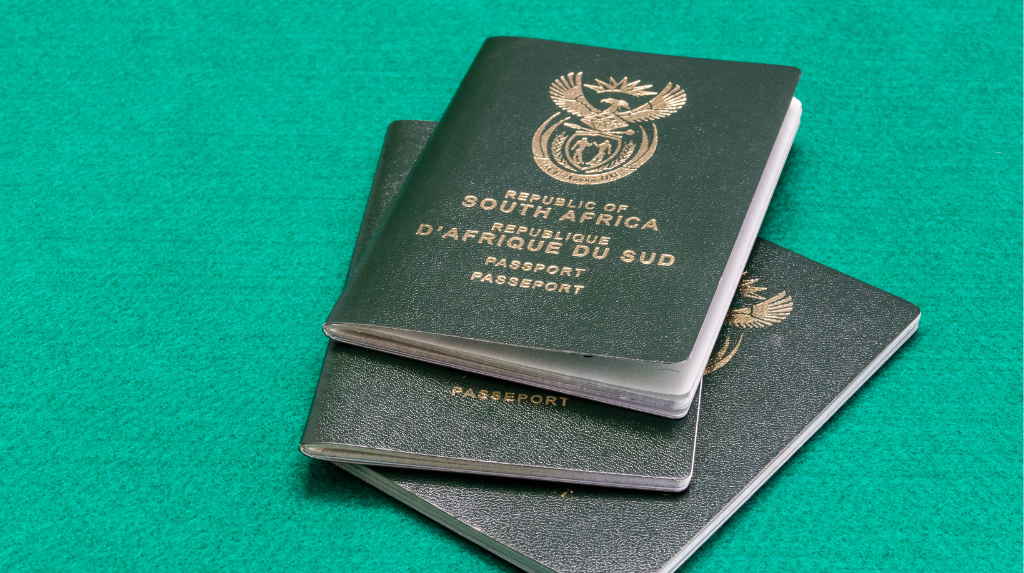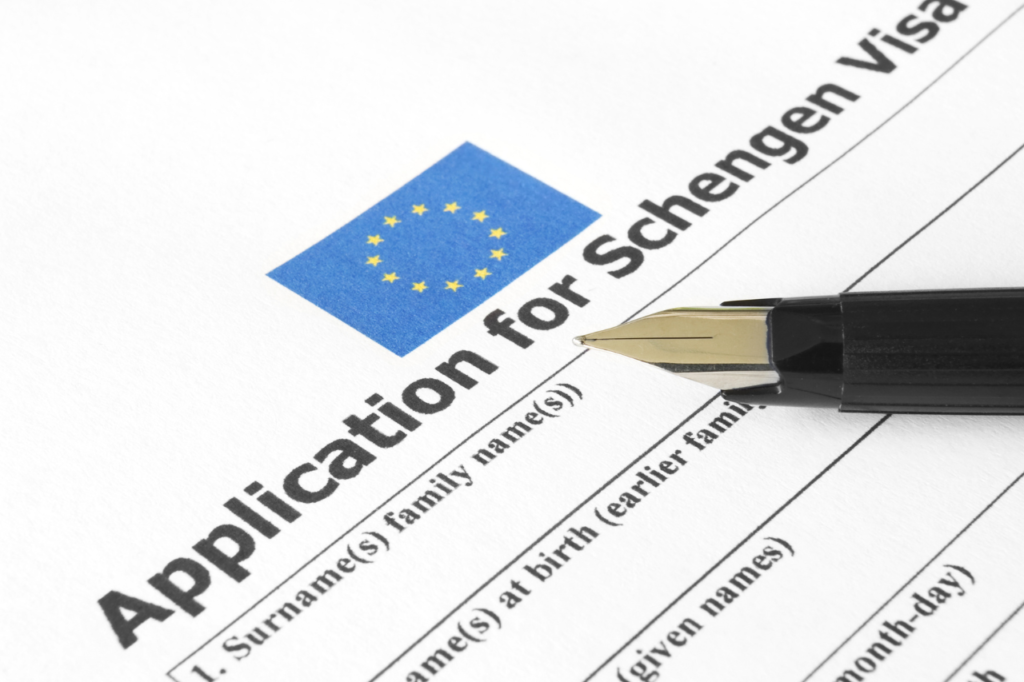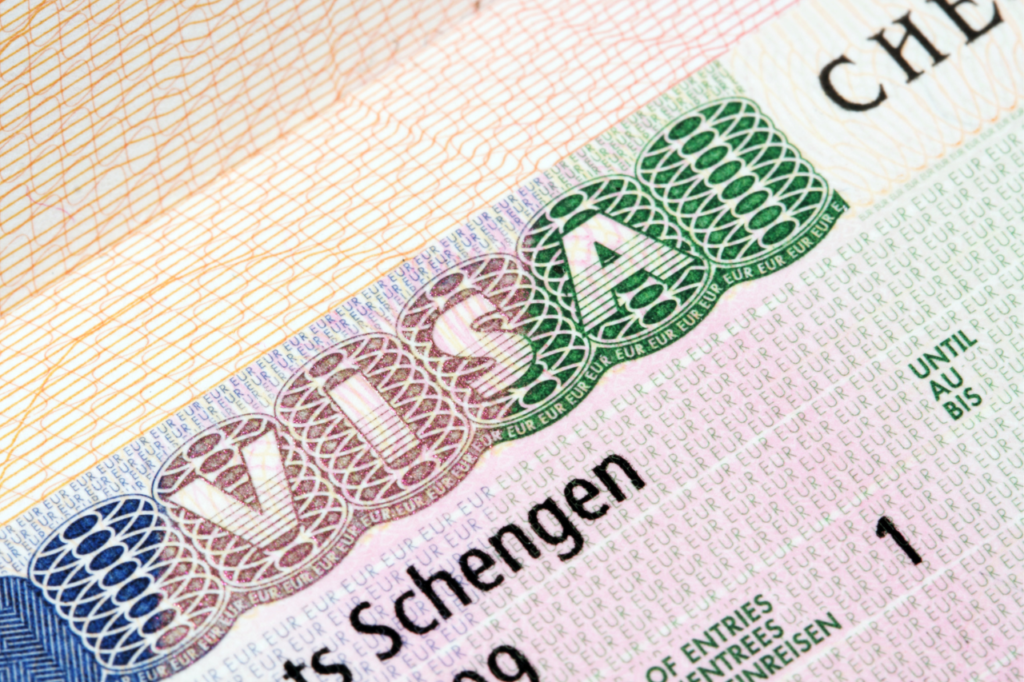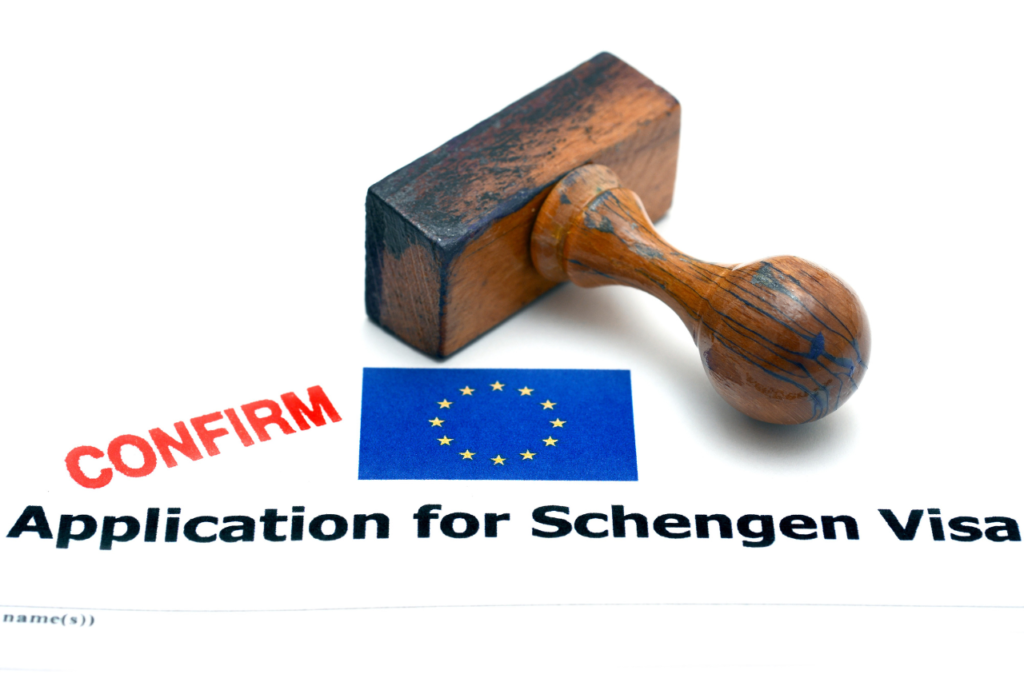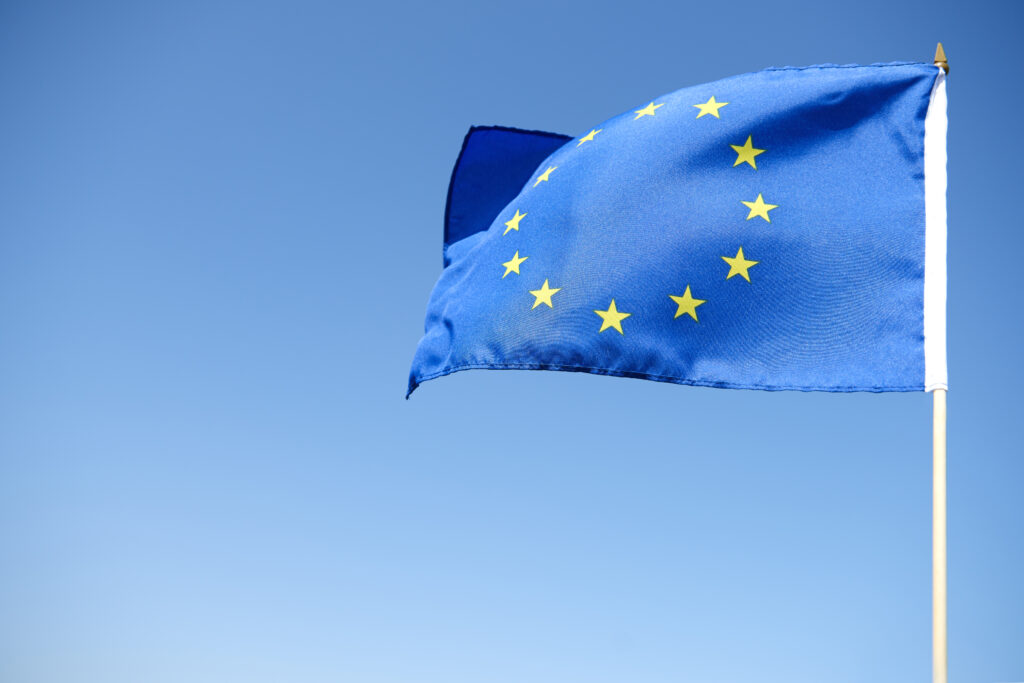If you are a South African citizen planning to visit any of the Schengen countries, it is essential to understand the visa requirements and application process. The Schengen visa allows for travel within 26 European countries, enabling stays of up to 90 days within a 180-day period. Below is a comprehensive guide of Schengen Visa South Africans detailing the necessary steps and documentation required for your application.
Do South African citizens get a Visa exemption to enter Europe?
South African citizens who wish to travel to any country within the Schengen area should first obtain a Schengen visa before they enter. This zone includes 26 European countries able to abolish passports and other types of controls at their mutual borders, which help cross their borders without a hustle within the territory.
However, there are some exceptions to this visa requirement:
Nationals of Schengen Countries Living in South Africa:
Probably, you are a citizen of a Schengen country but reside in South Africa and therefore you won’t need to get a visa. It’s important to establish your status, either with the embassy or consulate, of your motherland.
Nationals of Countries with Visa-Free Agreements with the EU:
Some countries around the EU have a visa-free agreement in place, meaning their citizens can go to the Schengen area without a visa. Don’t forget to double-check the latest news because the list of countries that don’t require your visa may change from time to time.
South African Citizens with Dual Citizenship:
If you are fortunate to have two citizenships one being a South African and another from any Schengen country you are eligible to travel on your European passport. Also, your second citizenship could be from a country that has access to the Schengen zone, and you would be able to travel in that zone with it.
What if I Already Have a Schengen Visa?
If you already have a valid multiple-entry Schengen visa, you don’t need to apply for a new one from South Africa. However, to travel with your existing visa, you need to meet these requirements:
Completion of the First-Entry Rule
Your first entry into the Schengen Area must have been through the country that issued your visa. This rule is in place to ensure that the purpose of the visa issuance is respected.
Adherence to the 90/180-Day Rule
Make sure you haven’t stayed in the Schengen Area for more than 90 days within any 180 days. This rule is important to prevent overstaying in the Schengen countries.
What if I’m a Family Member of an EEA/EU National?
If you’re a close family member of an EEA/EU national, you’ll still need to apply for a Schengen visa to enter from South Africa. However, when completing your visa application, make sure to state clearly that you are traveling to join or travel with your family members. As a close family member of an EEA/EU national, you are generally exempt from the Schengen visa fee. You will also need to provide additional documents that prove your relationship to the EEA/EU national.
Remember, these conditions specifically apply to those recognized as family members of EEA/EU nationals.
What Documents Do South Africans Need to Enter the Schengen Area?
When South African travelers seek entry into the EU’s Schengen Area, border officials will request specific documents to facilitate a smooth entry process. Here are the essential documents needed:
South African Passport:
Your passport must be no more than ten years old and should remain valid for at least three months beyond your planned departure date from the Schengen Area.
Valid Schengen Visa:
Ensure that your Schengen visa is valid and properly affixed to your passport. Always present your visa together with your passport when traveling within the Schengen Area.
Evidence of Purpose of Entry:
You should have documentation that clearly states the reason for your entry into the Schengen Area. This might include letters of invitation, travel itineraries, or other relevant documents that outline your travel plans.
Proof of Sufficient Financial Means:
You may be asked to provide evidence, such as bank statements or sponsorship letters, proving you have enough financial resources to support yourself during your stay in the Schengen Area.
Additional documents that EU/Schengen border officials might request include proof of accommodation, details regarding the duration of your stay, round-trip airline tickets, travel insurance, and more. It is recommended to have all necessary documentation readily available to ensure a hassle-free entry.
Please note, that the final decision to allow entry into the Schengen Zone rests with the border guards. If permitted to enter, your passport will be stamped with the date of arrival.
The Country of First Entry to The Schengen Area
Understanding the “country of first entry” is important when planning your trip to the Schengen Area. This refers to the first Schengen country you enter when you arrive in the Schengen Zone. It’s crucial to adhere to this rule as it can affect your travel within the Schengen Area.
According to Schengen visa rules, you don’t necessarily have to first enter the country that issued your visa. You can enter through any Schengen country, but you must ensure you visit the country that issued your visa at some point during your trip.
Border patrol officers will check if your passport was stamped by the country that issued your visa upon your first entry. If you fail to follow this rule, you may be denied entry into other Schengen countries.
Entering One Schengen Country and Exiting From Another
You can enter the Schengen Area through one country and exit from another, as long as you follow the port of entry rule. This means you should first enter through the country that issued your visa if required, and ensure you visit this country during your trip. It’s important to exit the Schengen Zone within the timeframe allowed by your visa.
What Happens if You Don’t Use Your Schengen Visa?
If you have a Schengen visa that you don’t use, there are no negative consequences; it will simply expire on its designated expiry date. You wish to travel later, you can apply for a new visa. If the visa is still valid, you can travel to the Schengen Area as long as it is within the validity period and the conditions of entry and duration have not been exceeded.
Traveling to Multiple Schengen Countries With a Single Entry Visa
With a single-entry Schengen visa, you can visit multiple Schengen countries during a single trip. Here are key points to consider:
- Single Entry: You can only enter the Schengen Zone once with this visa. Once you exit the zone, you cannot re-enter using the same visa.
- Plan Your Route: To maximize your visit, plan your itinerary carefully. Make sure you travel to all the countries you want to visit without leaving the Schengen Zone until your trip is complete.
Remember, careful planning is essential to ensure you make the most of your single-entry visa and enjoy a seamless travel experience across the Schengen countries.
Entering the Schengen Area via Land Borders
Yes, you can enter the Schengen Area through land borders. However, if your route involves traveling through a non-Schengen country for which you need a visa, you must obtain that country’s visa before starting your trip.
When traveling via land, you might need to have both a Schengen visa and a separate visa for any non-Schengen country you will transit through. It’s important to thoroughly research and understand the entry requirements of each country on your itinerary.
Do I Have to Pay at the Entry Border in the Schengen Area?
As a South African citizen, you don’t have to pay any fees when entering the Schengen Area. However, border officers might ask you to show proof that you have enough money to support your stay, so it’s a good idea to have documents like bank statements ready.
Do I Need ETIAS to Enter the Schengen Area From South Africa?
South African citizens cannot apply for ETIAS (European Travel Information and Authorization System). Instead, they must obtain a Schengen Visa to enter the Schengen Area. ETIAS requires authorization from citizens of visa-exempt countries to enter the Schengen Zone.
In conclusion, South African citizens planning a trip to Europe must stay well-informed about the entry requirements and Schengen visa regulations. It’s crucial to prepare all the necessary documentation, follow the entry rules, and stay updated on any changes in visa policies. By taking these steps, you can ensure a memorable and smooth trip to the enchanting countries of the Schengen Area. Safe travels!
How Law and Visas Can Help?
At Law and Visas, our team of expert immigration consultants is here to make your travel to Ireland for business straightforward and successful. Whether you’re applying for a Business Visa or a Schengen Single Entry Visa, we handle every step—from preparing your application to gathering the required documents.
Our immigration lawyer consultants and Lawyers ensure that your application meets the highest standards, with no details missed. We’ll also keep you informed throughout the process and coordinate with the immigration office or embassy on your behalf.
Law and Visas has a strong record of helping clients secure the visas/permits they need to do business in Ireland. Call us today at +234 812 5505 986 to learn how we can assist you.

